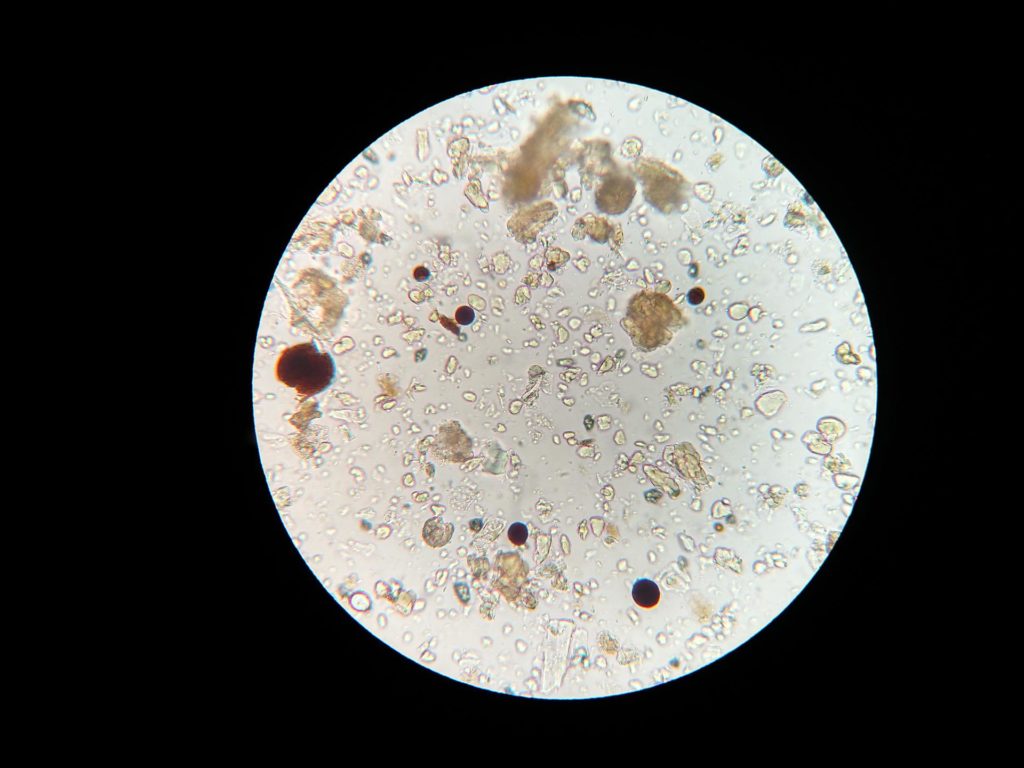
Gut microbe peptide implicated in triggering type 1 diabetes
In type 1 diabetes, the body develops immune cells that target pancreatic beta cells, which play a critical role in the production and secretion of insulin. One of the earliest targets of this immune response is a specific sequence of amino acids, or peptide, within the insulin molecule. What triggers this autoimmune response remains unknown.
Now, researchers at Joslin Diabetes Center and Boston College have identified a species of human gut bacterium that makes a protein containing a sequence of amino acids that mimics the insulin peptide targeted by the immune system in type 1 diabetes. Analysis revealed that the immune cells that target the insulin peptide in type 1 diabetes cross-react with the similar sequence from the gut bacterial peptide, and that the presence of this bacterium can accelerate onset of diabetes in a mouse model of type 1 diabetes. More importantly, further investigation also revealed a link between the presence of the gut bacterium and the development of type 1 diabetes in children at genetic risk of this disease. The findings are published in PNAS.
“Although genetics and family history contribute to the risk of developing type 1 diabetes, the incidence rate of type 1 diabetes in children is rising at rates exceeding what can be explained on a genetic basis alone,” said C. Ronald Kahn, MD, Chief Academic Officer, Joslin Diabetes Center. “Our findings suggest that exposure to a peptide made by gut bacteria that resembles an insulin peptide could stimulate or enhance the autoimmune response that initiates type 1 diabetes.”
Kahn and colleagues analyzed microbial databases and identified 47 microbial peptides matching the insulin peptide known to be a target in type 1 diabetes, called the insB:9-23 peptide, by 50 percent or more. The team then synthesized 17 of the most similar candidate peptides and tested them for their ability to activate insB:9-23-specific immune cells which occur in type 1 diabetes. The scientists demonstrated that only one of the selected peptides – a peptide from a gut bacterium called Parabacteriodes distasonis — could activate both human and mice immune cells specific to insB:9-23.
The researchers then went on to show that giving this bacterium to mice with a genetic risk for type 1 diabetes resulted in more severe inflammation in the insulin-producing islet cells of the pancreas and an earlier onset of diabetes. Analysis of human gut microbiome data from a study of 269 infants, ages 0 to three years, who were genetically predisposed to type 1 diabetes showed that children who have this bacterium in their gut microbiome early in life have a much higher risk of developing type 1 diabetes than those without it.
Taken together, the findings suggest that peptides in the normal gut microbiome can mimic the insulin peptide and have the potential to trigger the onset or accelerate the progression of early type 1 diabetes. The concept may apply to other autoimmune diseases as well.
“A plethora of human gut microbiome studies have demonstrated that the composition of gut microbiota in patients with autoimmune diseases, including multiple sclerosis, inflammatory bowel disease and others, are significantly different from those in healthy controls,” said Kahn. “Our findings demonstrate a new link in which there is molecular mimicry between a peptide made by normal gut microbes and the autoimmune response in type 1 diabetes. This suggests the potential to develop new tools, including vaccines, antibiotics or probiotics, for the prevention and treatment of type 1 diabetes and perhaps other autoimmune diseases.”